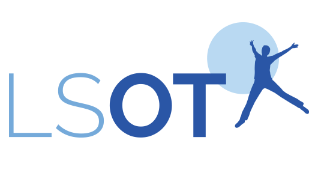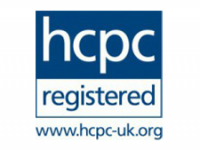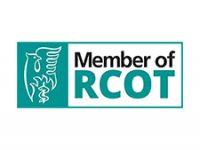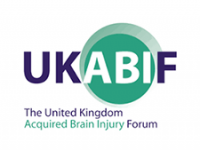
What is neuro occupational therapy?
When clients ask ‘what is neuro occupational therapy?’ we tell them it is a combination of traditional occupational therapy and neurology. At LSOT we have developed highly-effective rehabilitation programmes that draw on both these areas to help people recover from brain injury.
In its wider sense, occupational therapy is the use of “occupation” or purposeful activity to help those with physical, psychological or social disabilities through the rehabilitation process.
With neuro occupational therapy, the methods are designed specifically to support patients with neurological conditions.
We help people who have...
• Traumatic brain injuries
• Strokes
– Post-acute, out-of-hospital support
• Long-term conditions
– Multiple Sclerosis (MS)
– Parkinson’s Disease
– Motor Neurone Disease
• Spinal cord injuries
• Brain tumours
• Hypoxic brain damage
• Prolonged disorders of consciousness
• Paediatric neurological conditions
– Cerebral Palsy
– Hypoxic brain injury at birth
– Functional neurological disorders
The role of the occupational therapist in brain injury revolves around supporting people in regaining the ability to do everyday tasks. These include the activities many of us take for granted like food shopping, brushing teeth, caring for children, studying, working or socialising.
We help our patients master each small step which moves them closer to leading independent, productive and satisfying lives once more.
LSOT’s treatment plans are designed by professionals with many years’ experience in occupational therapy and neurology. They are practical in nature and take place wherever they are most useful to the patient.
The path to recovery using occupational therapy and neurology
In neuro-rehabilitation, it’s definitely not the case that one size fits all. We tailor-make individual programmes for each person.
We also try to encourage family and carer involvement as their support is vital to the long-term success of the brain injury rehabilitation programme.
Where there are cognitive difficulties, we can develop and teach planning, organisational and memory strategies to enable a person to become more independent in tasks like cooking a meal or travelling on public transport.
We may also include advice and training in the use of adaptive equipment and techniques to manage everyday tasks. Furthermore, LSOT can provide education and advice on how to cope with the physical and psychological effects of a condition.
In our experience, this mix of occupational therapy and neurology support, counselling and practical assistance enables people to get the most out of life by achieving as much as they can for themselves.
In doing so, neuro occupational therapy can make the world of difference to a person’s sense of independence and self-esteem.
For more information call 07563 310 605 or click here to email
© Laura Slader Independent Occupational Therapy Services Ltd. 2020
